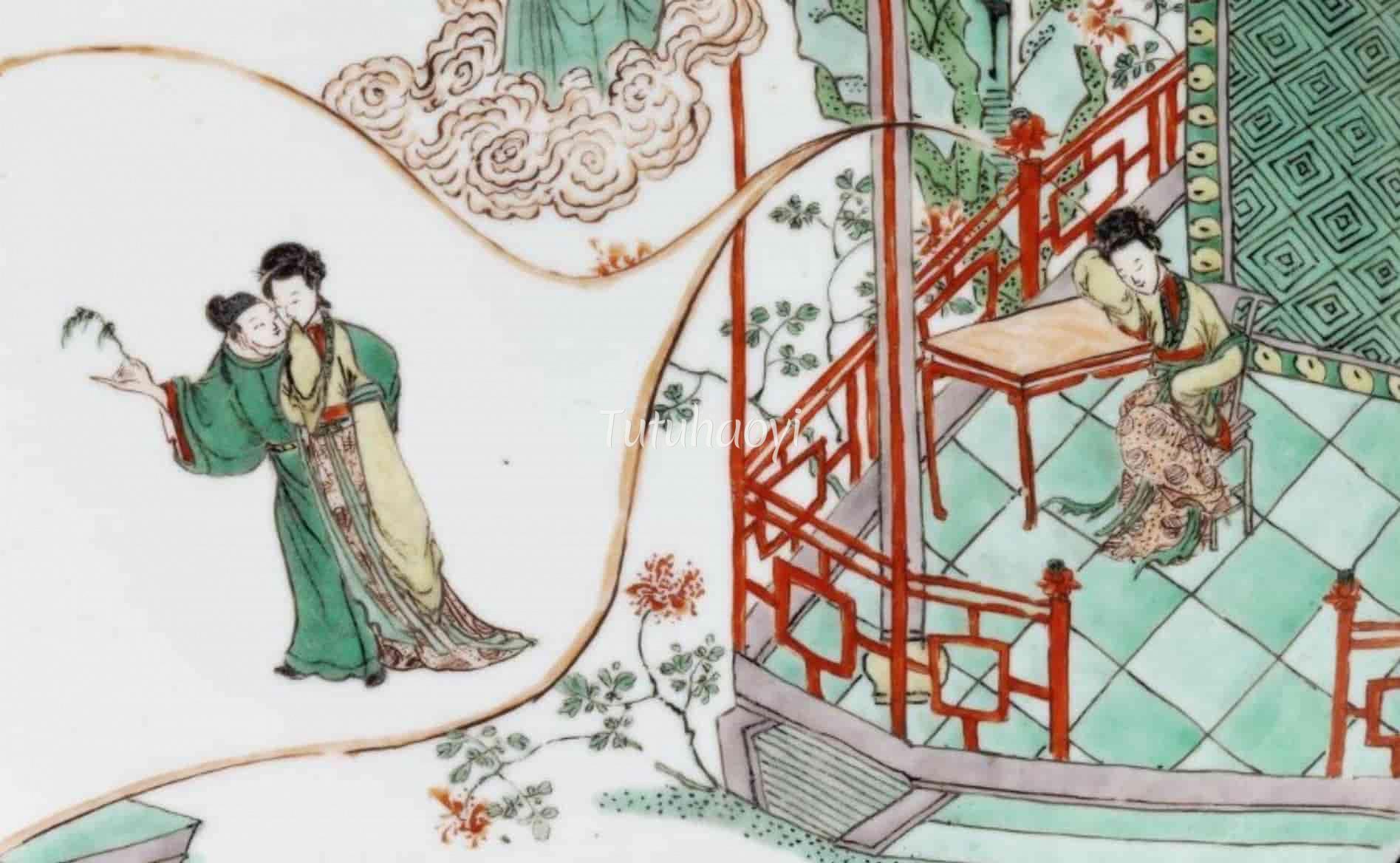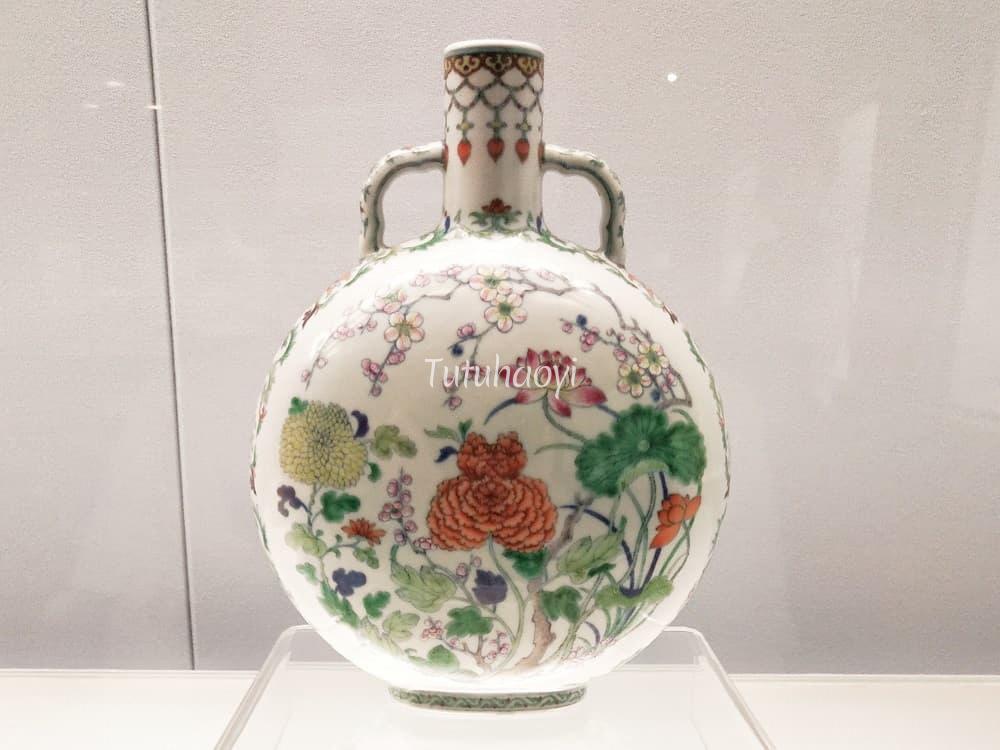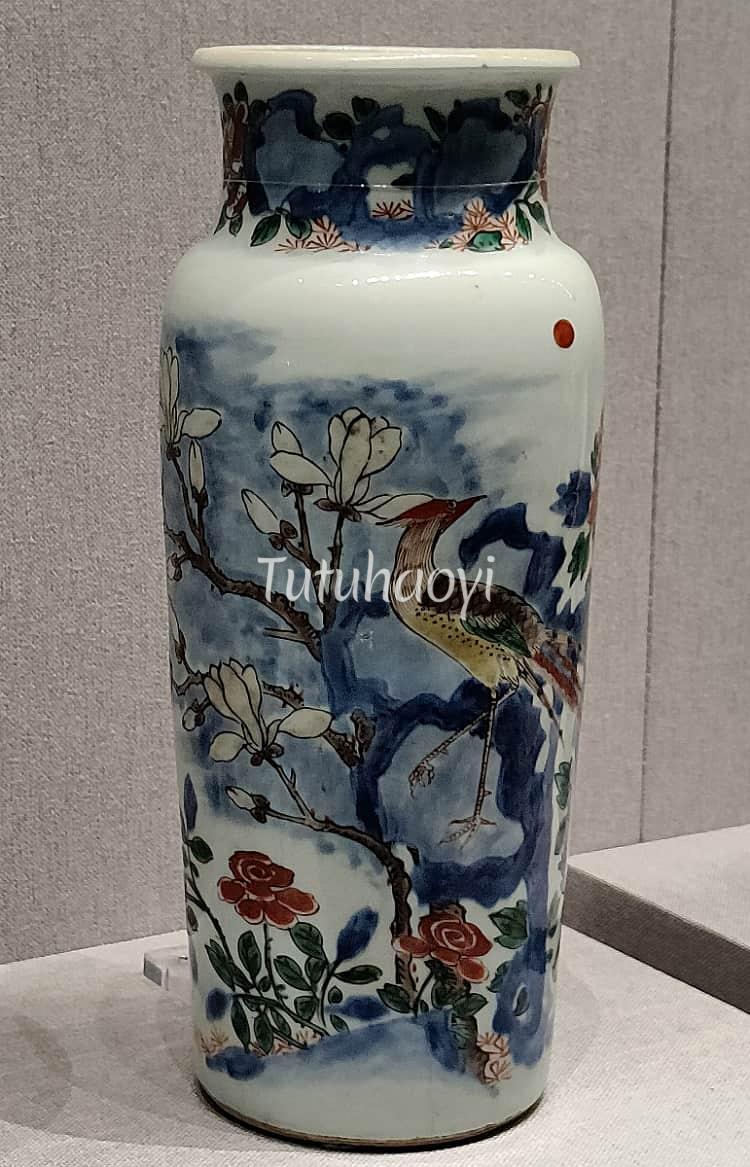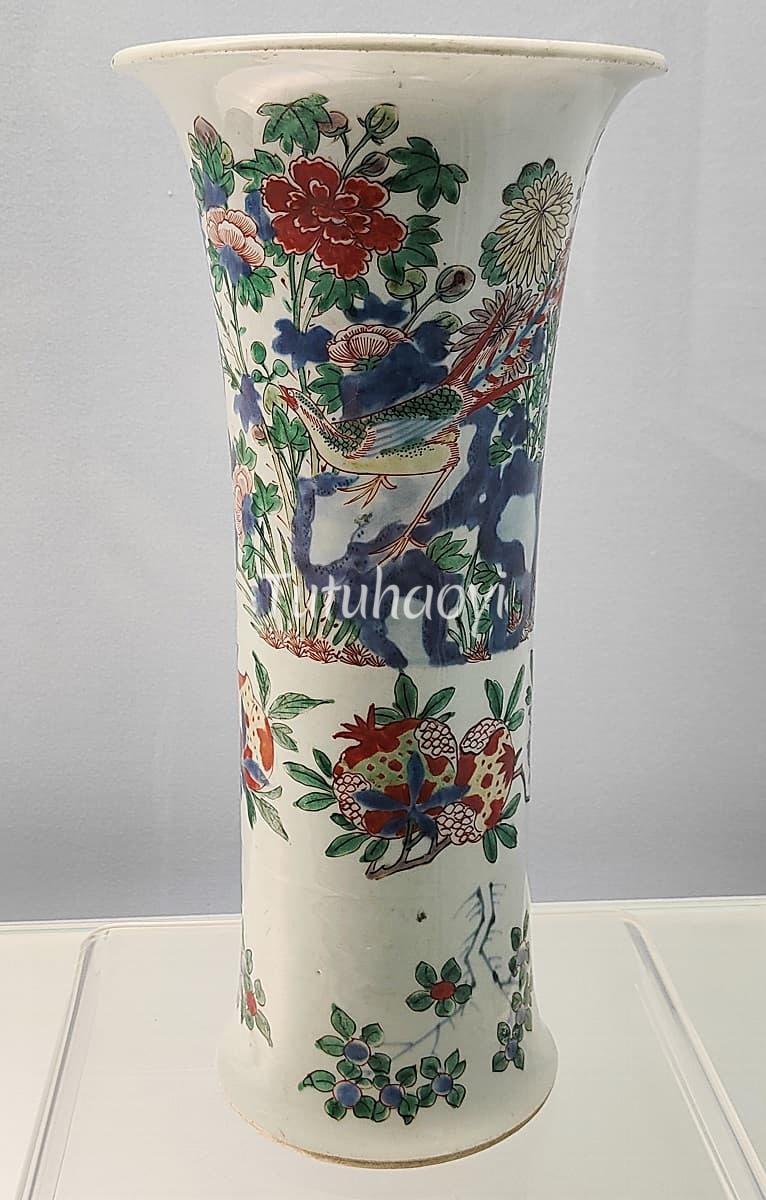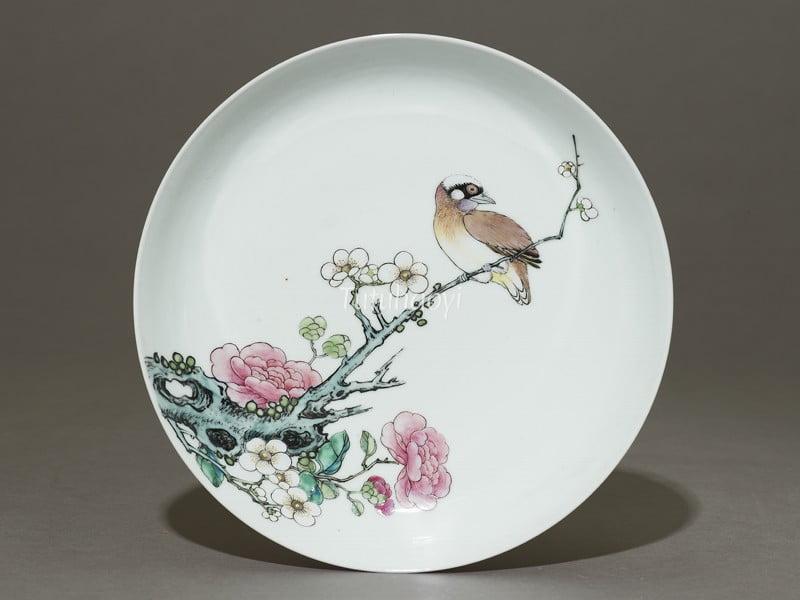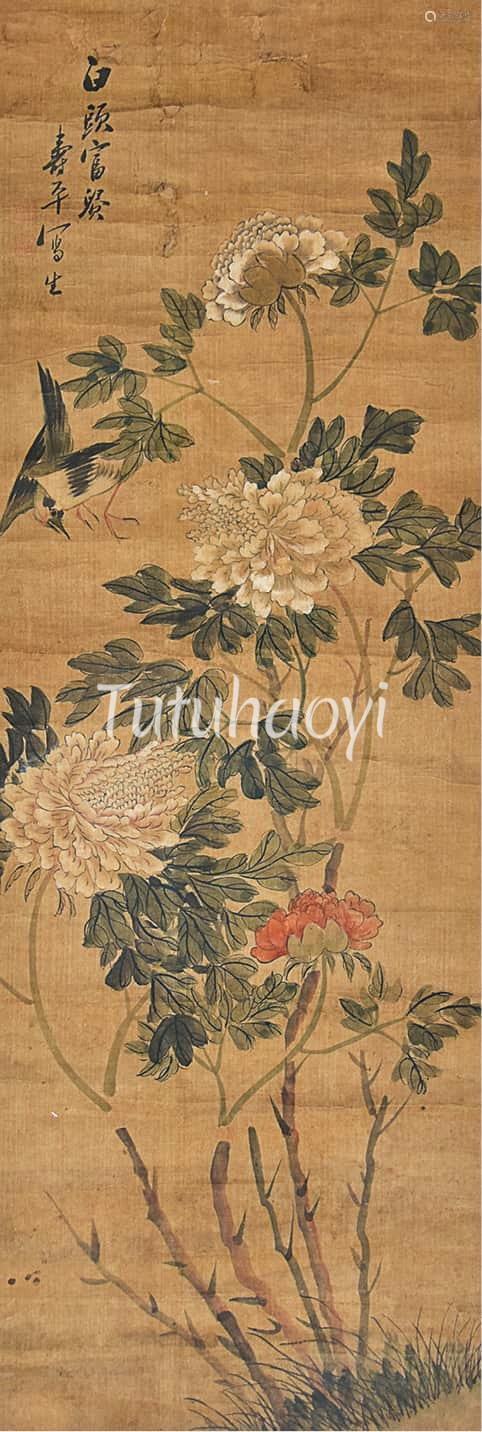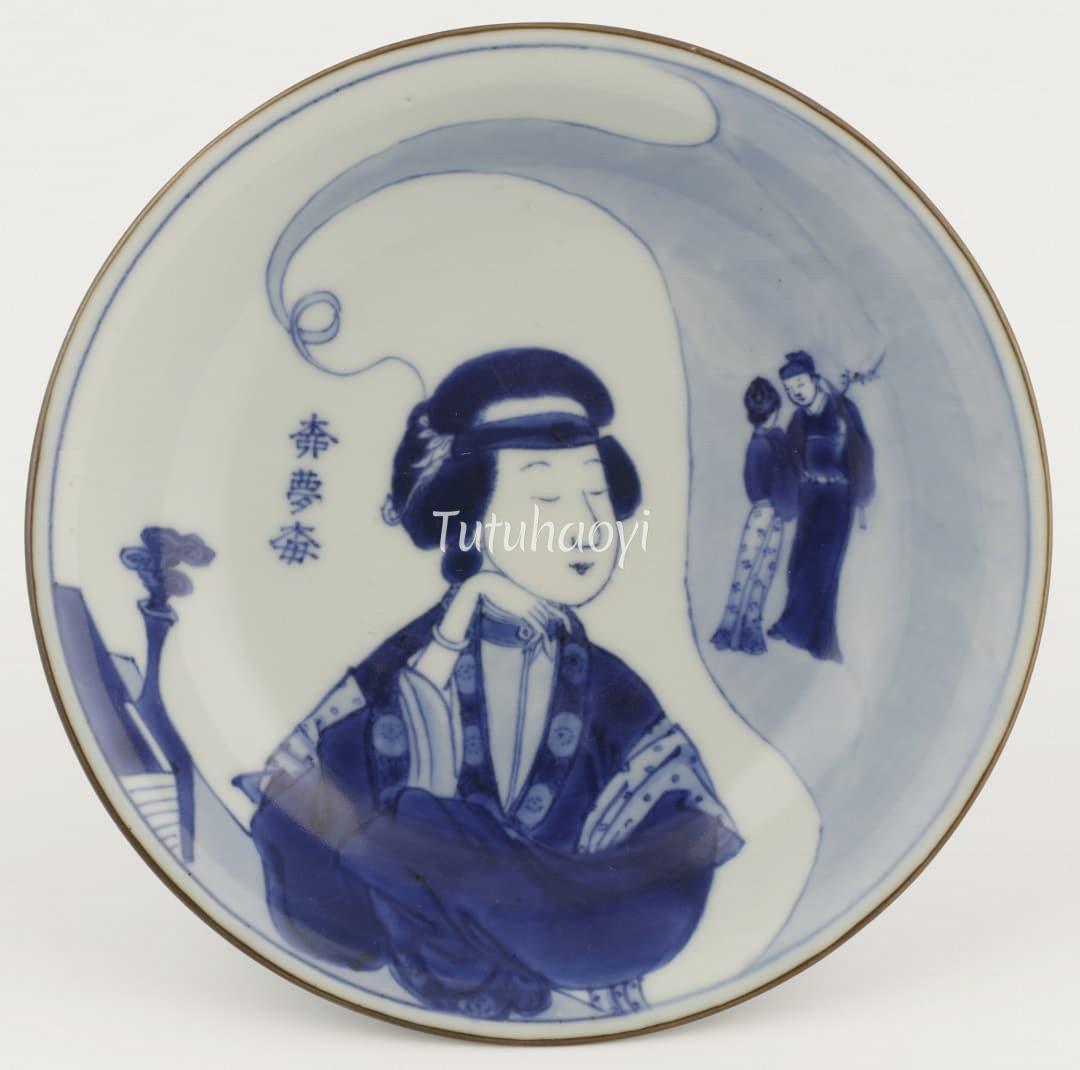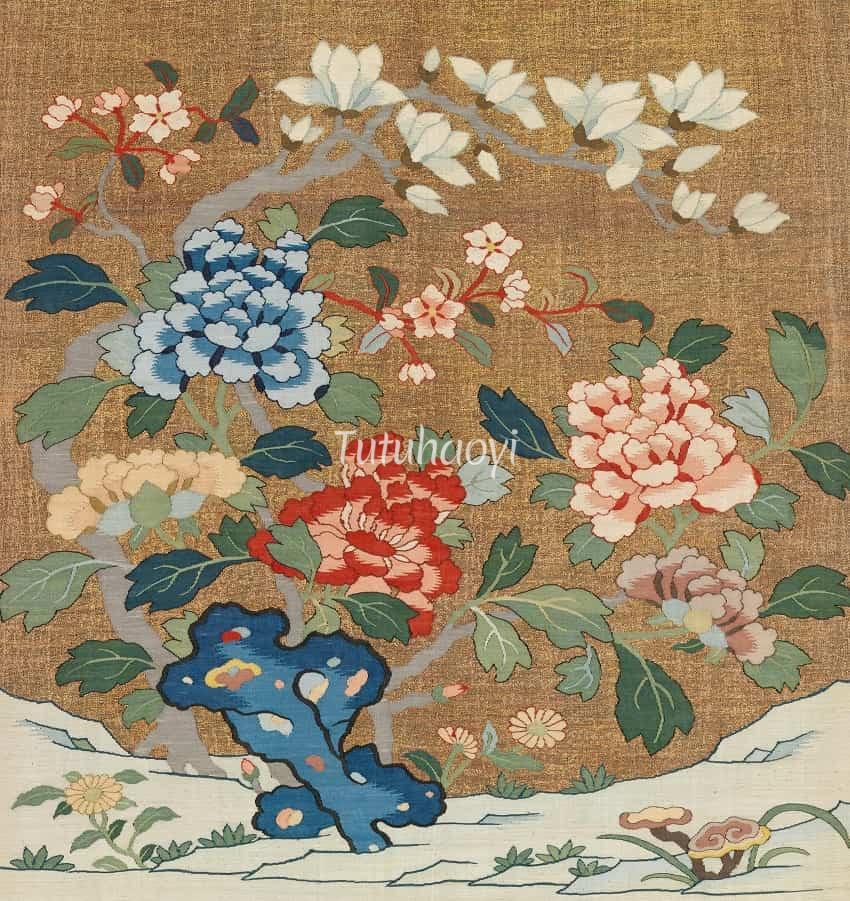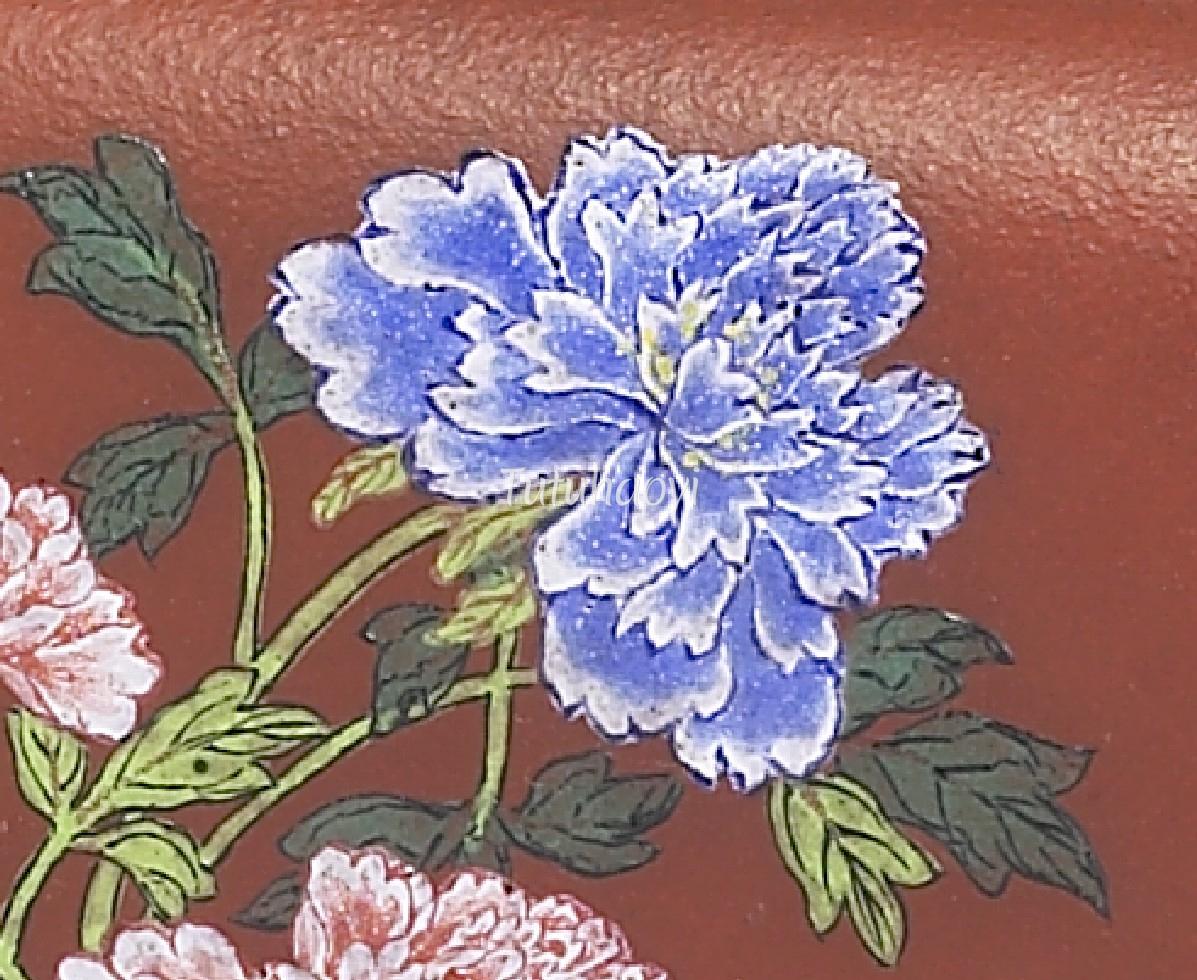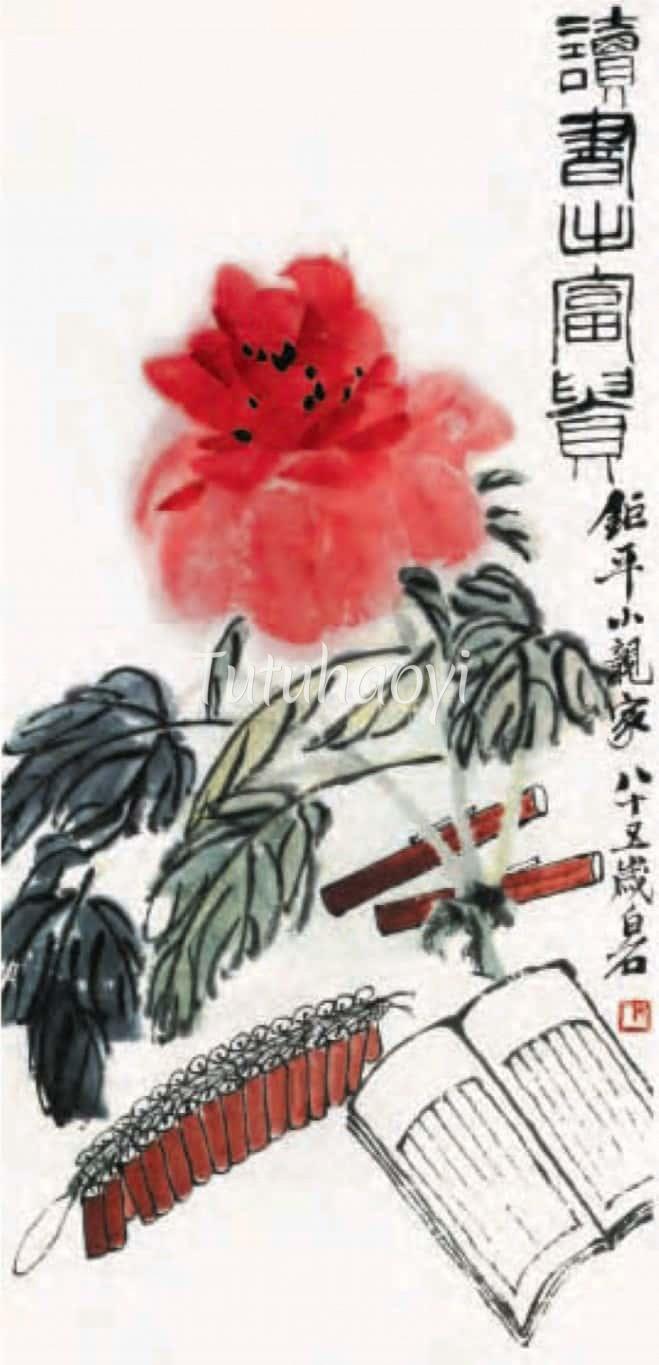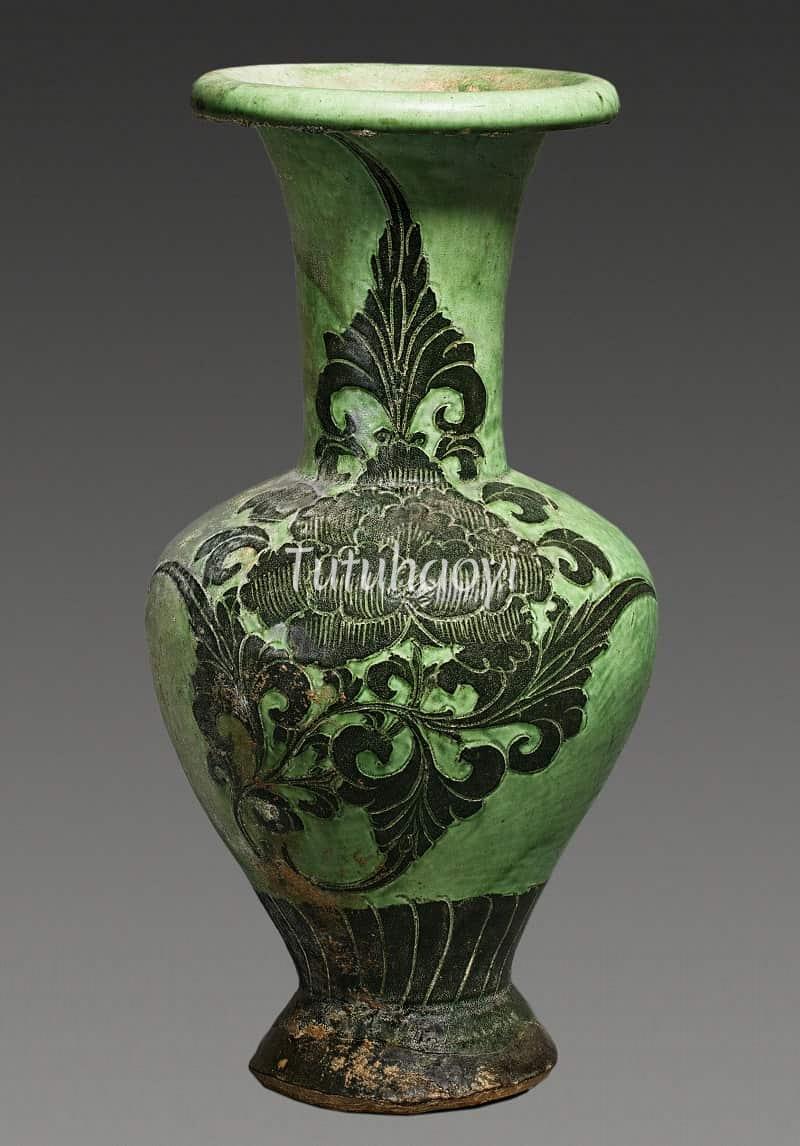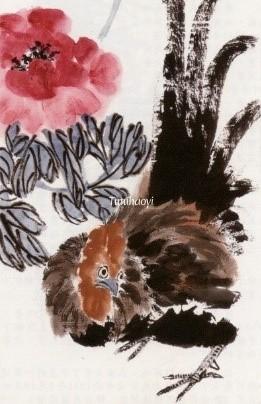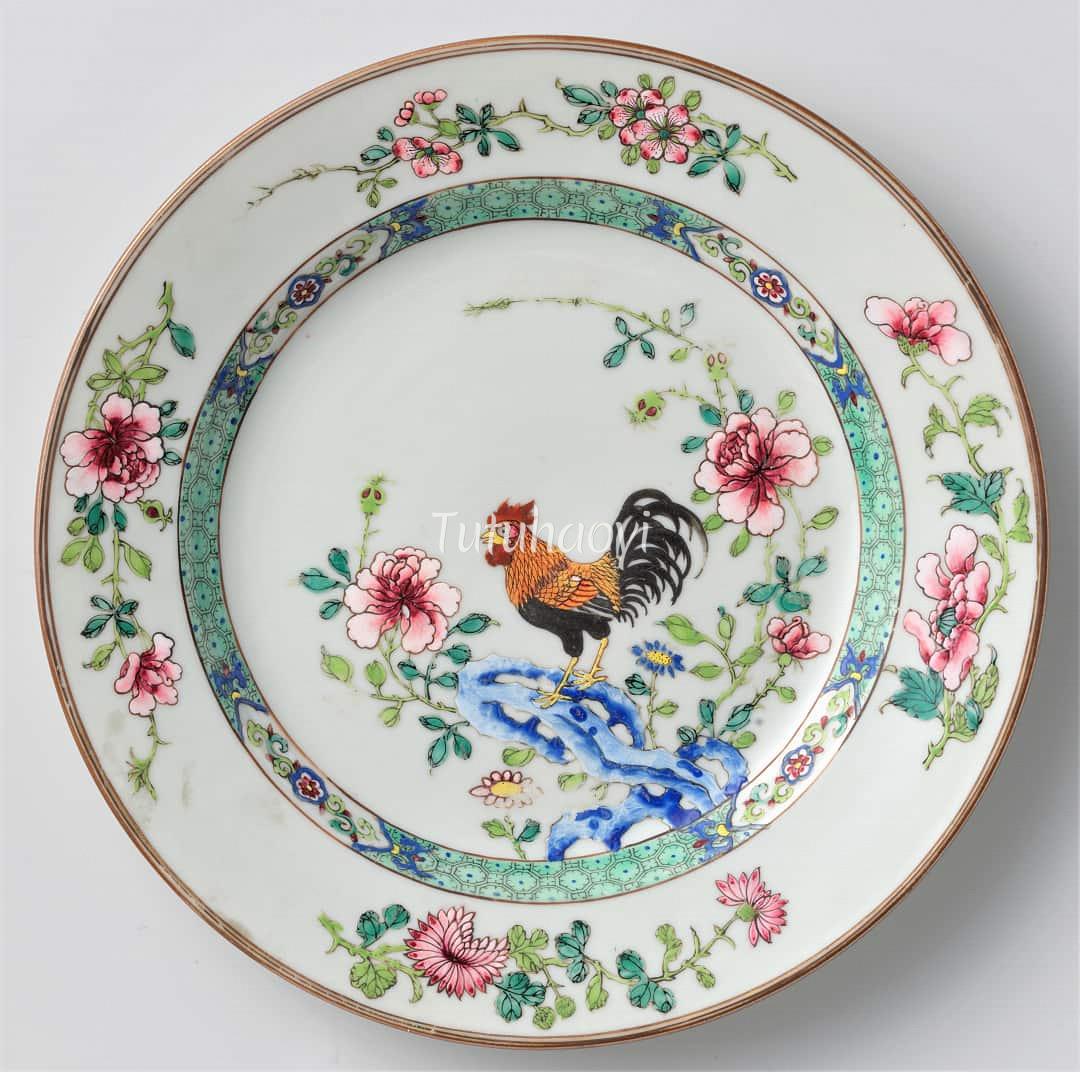Showing Results Containing
The Peony Pavilion is a famous play written by Tang Xianzu in Ming Dynasty. There are very few figural paintings depicting this play on Kangxi famille verte porcelain. Dr Yibin Ni first identified the figures and the scene on a porcelain dish in t...
It is widely thought that the two-horned peony is a characteristic and unique feature only existed in Kangxi period. But Dr Yibin Ni has proved otherwise here with a number of examples from other reigns on Chinese antiques.
‘Fu Gui Bai Tou 富贵白头’ is interchangeable with ‘Bai Tou Fu Gui 白头富贵’, with the same meaning of ‘May you enjoy wealth and high position ...
Pun Design:
Chinese bulbul + Peony
Punning Details:
– ‘bai tou 白头 white-headed’, of ‘bai tou weng 白头...
‘True love conquers all’ is the theme of the Peony Pavilion (牡丹亭 Mudan Ting), a musical play of fifty-five scenes written by Tang Xianzu (汤显祖, 1550–1616) in Ming...
The character ‘yu 玉’ in ‘yulan hua 玉兰花’ for ‘magnolia’ is the same ‘yu 玉’ for ‘jade’. The word ‘tang 棠’ from ‘haitang hua 海棠花’ for ‘crabapple’ is homophonic with the word ‘tang 堂’ for ‘house’. The combination of the two characters ‘yutang 玉堂’ means ‘jade hous...
Common sources such as Baidu refer to the motif of a peony flower head with two distinctive ‘horns’ as a characteristic feature unique to Chinese porcelain of the Kangxi ...
Book is a symbol of education or examinations.
Peony is a symbol of wealth and prestige.
The motif combination of book and peony sends a ...
The peony is traditionally considered the most prestigious flower in China. It is symbolic for power, royalty, wealth, and high rank. The ancient town Luoyang 洛阳 was famous for rare and beautiful varieties of peonies. The nickname of peony in Chinese is called ‘fu gui hua 富贵花’, literally meaning the flower of we...
‘Fu gui 富贵’ in ‘fu gui hua 富贵花’, literally, the ‘flower of wealth and prestige’, which is a nickname in Chinese for ‘peony’, contributes to ‘wealth and privilege’ in the saying. ‘Ji 鸡’ is a pun on ‘qi 期’, which means ‘can be expected’.
The same design may be also referred to as...
The Chinese phrase ‘Gong ming 功名’ for ‘scholarly honour or official rank’ is a pun on two Chinese characters ‘gong 公’ and ‘ming 鸣’.
‘Gong 公’ from ‘gong ji 公鸡’, the Chinese name for ‘rooster’, makes pun on the Chinese word ‘gong 功’; and ‘ming 鸣’, which ...
